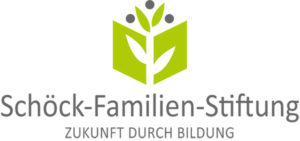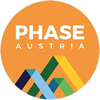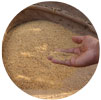In the community of Bhee in the remote North-West of Nepal (223 households, 1,513 inhabitants), an agricultural project sustainably improved the nutritional situation.
Project community:
Bhee, Mugu District
The project supported the introduction of off-seasonal vegetable farming in polytunnel greenhouses (100 households), mushroom farming (55 households), ginger and curcuma production (50 households), bee-keeping training (17 households) as well as training for two individuals as seeds and pesticides retailers including business start-up support. Facilitating the creation of farmers’ groups and linking them up with local government will allow the mobilization of government funds and empower the local community to voice their own interests.
The project employed a trained agricultural technician (JTA) who was supported by a local Social Moblizer. Both lived locally and facilitated trainings and provided individual support for trainings, and were supervised by PHASE Nepal.

PHASE has already been implementing health, education and nutrition projects in the district since 2016; in November 2019, we were able to expand the health project with its focus on maternal and child health and nutrition to the village of Bhee.
Additional input with agricultural training and support increased local availability of nutritious foods and vegetables, which allows people to improve their diets as well as gain some cash income by producing for local markets.
In this region, which suffers from arid conditions and repeated droughts (the latest was in 2016), malnutrition, especially in women and children, is a huge problem. Around 55 % of children under five years of age suffer from stunting, 20 % are seriously underweight. Anemia among children and pregnant women is endemic, and poor nutrition is also the cause for a high child mortality from simple illnesses like diarrhoea or pneumonia, which is significantly higher than the national average.
The project was implemented thanks to funding from Schöck Familienstiftung and PHASE Austria own funds.


